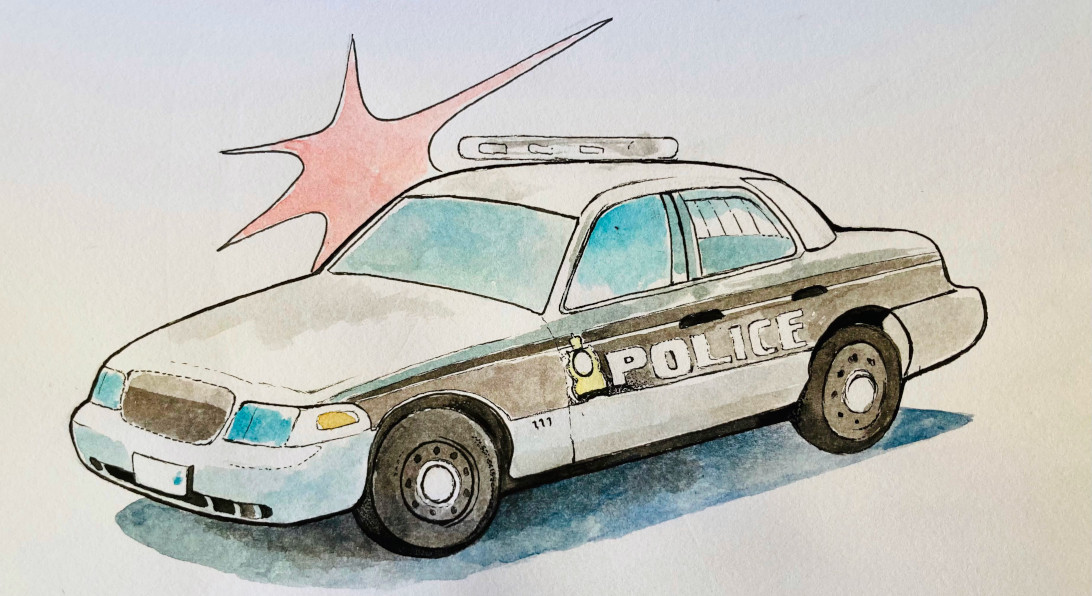Police services aren’t corporations
One way the WPS and other agencies avoid reform
Recent inquiries into the actions of the RCMP in high-profile cases over the last few years, including the 2020 killing of 22 people in Nova Scotia and the multiple stabbing attacks in Saskatchewan in recent weeks, have put discussions regarding RCMP responses, and police reform and transparency, at the forefront of many Canadians’ minds.
Public inquiries to the RCMP’s actions in both cases are currently pending. The public doesn’t yet know the degree of misconduct or negligence in either case. What’s clear, though, is the Nova Scotia shooter’s history of violence.
Jessica Zita, a lawyer representing the gunman’s partner, told a federal-provincial inquiry that “the police failed to protect the people of Nova Scotia from the perpetrator by failing to follow up on opportunities to identify him as a risk on a number of occasions dating back several years.”
Myles Sanderson, the main suspect in the Saskatchewan stabbing spree, died shortly after being taken into police custody, leaving no opportunity for further investigation or court process. An unnamed government source who was briefed by law enforcement made unverified claims to the press that Sanderson died of a drug overdose. Law enforcement has refused to confirm this claim or what measures, if any, were taken to keep Sanderson alive, and the coroner’s autopsy and toxicology report won’t be released until 2023.
Whatever the truth of Sanderson’s demise may be, more death and less understanding is never the best outcome of a police response.
Canadians don’t need high-profile news stories to know that police services need reform.
A 2015 Public Safety Canada report notes many inefficiencies, including “disclosure; the use of technology; the challenges faced in northern and remote areas; a lack of standardized practice; and the absence of collaborative information sharing between police and Crown.”
The report also states that “the greatest challenge lies not in identifying the inefficiencies that exist in the justice system and in policing but rather acting to address them. To date, there have been few initiatives to develop standardized practices in an attempt to address inefficiencies.”
The lack of reforms is also related to the need for economic justification. As one senior provincial official is quoted in the report as saying, “first, an idea/solution must be suggested, then budget approval is required, and then you have to figure out who is going to do it (carry it out). A lot of it comes down to dollars and cents.”
Reports on the Winnipeg Police Service (WPS) website do mirror those of a corporation. They post business plans and quarterly reports, stating the amount of likes and retweets they receive on their “community engagement” endeavours, the number of 911 calls they receive and the total amount of arrests made while out on “foot patrol.” All these statistics serve as justification for “dollars and cents.”
In Winnipeg especially, these dollars and cents aren’t insignificant. A total of 26.8 per cent – or $320 million – of the city’s annual $2 billion budget currently goes to the WPS.
Citizens shouldn’t expect better transparency and accountability from an organization they treat as a corporation. Instead of acting as if the WPS were a corporation providing a “service” to the public, community groups, non-profit organizations and social programs should be empowered to serve the people they love and care deeply about.
As long as Canadians continue to treat police services as corporations, the country runs the risk of repeating the same old mistakes.
Paul Carruthers is the comments editor of The Uniter. He’s an alum of the University of Winnipeg’s political-science department.
Published in Volume 77, Number 04 of The Uniter (September 29, 2022)








